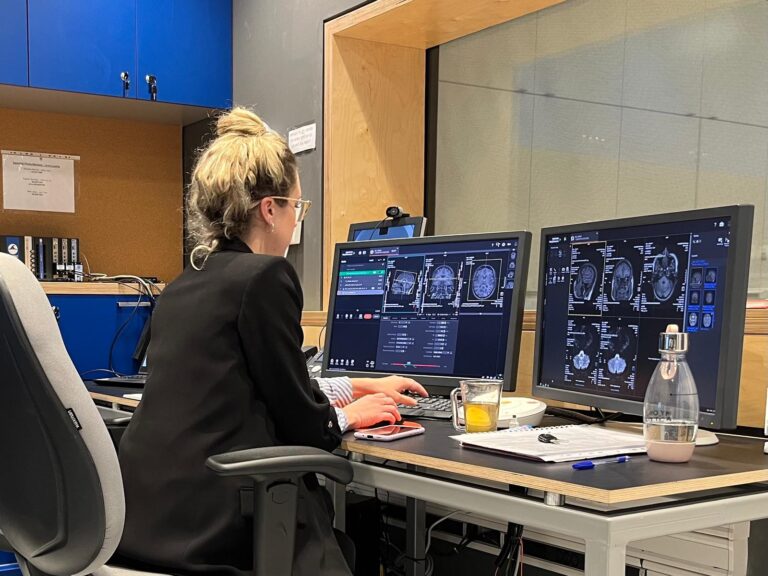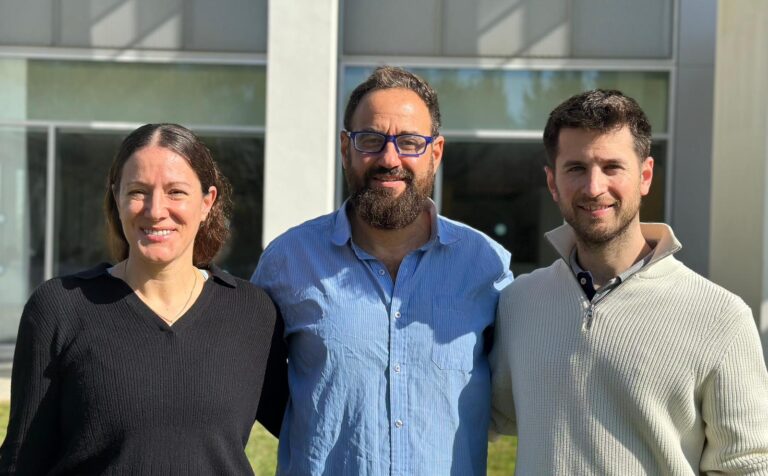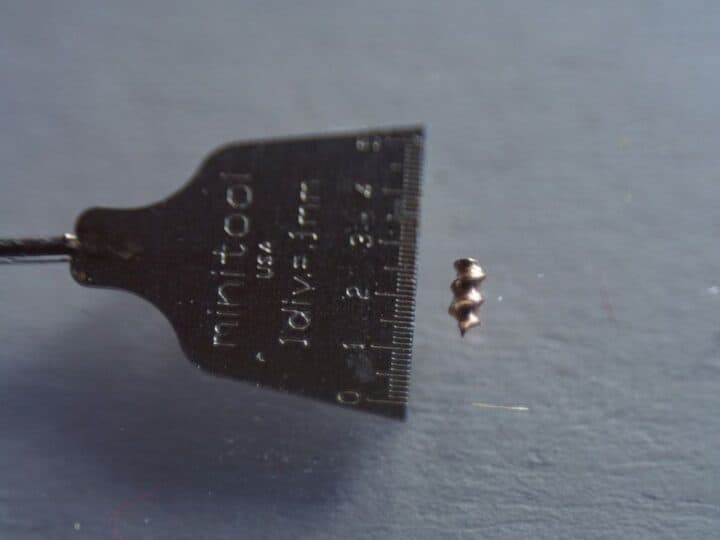Israeli startup Remepy is on a mission to transform the treatment of conditions such as Parkinson’s disease and cancer with hybrid drugs that combine traditional medicine with smartphone applications.
That combination of medicine and software is what Remepy refers to as “digital molecules” — custom-tailored phone apps designed to engage specific neuro-immune processes in the body.
Interacting with the smartphone app triggers the release of chemicals in the patient’s brain that adjust the immune system to boost the effects of traditional drugs.
Co-CEO Or Shoval explains, “You could think about it like TikTok or Instagram: Most people are aware of the fact that whenever someone uses apps like these, there’s a certain amount of dopamine which is released in his body. Similar to this, what we are doing with our apps is releasing specific hormones, cytokines and neurotransmitters that work with the pharmaceutical molecules.”

Huge leap forward
Hybrid drugs that rely on software represent a huge leap forward in the evolution of medical treatments.
In the past century, the pharmaceutical industry has seen a series of revolutions. Just like inhalers and insulin pumps have revolutionized drug delivery, using smartphone applications to trigger brain chemicals that roll out the red carpet for a pharmaceutical to take effect could be a great idea.
“Our general goal is to improve drugs, but when we’re talking about improving them, it really differs from drug to drug,” says Shoval.
“Some are already very effective, so you just need to reduce their side effects. Some don’t have a lot of side effects, but are not so effective. And some are very effective, but only for a small amount of time,” Shoval tells ISRAEL21c.
“What is difficult to do — and this is what we’re doing now — is examining the specific needs of each drug, each mechanism of action, and then tailoring the software so that we can really improve what’s needed.”
Dr. Danny Bar Zohar, Merck’s Global head of R&D and Chief Medical Officer, recently joined Remepy’s board of directors.
“As a physician and drug developer, it is fascinating for me to see Remepy’s clinical data, which shows how these unique non-invasive digital interventions can modulate the immune system, make significant changes to brain plasticity, and drive behavioral changes,” said Bar Zohar.
“Remepy’s product has the potential to enhance immunotherapy for cancer, or improve existing drug therapy for neurodegenerative diseases such as Parkinson’s disease and MCI [mild cognitive impairment].
“These proprietary digital-drug combinations could significantly improve patient outcomes and create tangible value for patients and healthcare systems.”
New frontier
Founded in 2022 with dual bases in New York and Israel, Remepy has rapidly made significant strides. The company boasts a team of 20 employees and has raised $15 million from a mix of international and Israeli investors.
This financial backing has enabled Remepy to complete three clinical trials involving over 200 patients. Extensive brain imaging, as well as blood and saliva samples, demonstrated promising results using the company’s digital molecules in treatments for cancer, MCI and Parkinson’s.

Shoval says this is great news, because it’s about time the drug industry gets shaken up a little.
“You can see that the digital world has really entered each and every corner of our lives, but the pharma industry is lagging behind. The drugs we’re using are still 100 percent drugs — tech has only entered the pharma industry in the development and manufacturing phases, but the final product of the pharmaceutical industry is just a bunch of complex molecules,” he explains.
“What we’re doing is so revolutionary that people who are very familiar with the industry see this as the new frontier of pharma,” he says. “In a decade, most drugs will come to market with a tailored software application.”
From army to pharmy
Touching on his military background, Shoval elaborates on his drive to make Remepy a success.
“My expertise is in knowing how to combine different domains and create something better. For eight years in the IDF, I integrated innovative technologies to save lives and [help on the] battlefield. That’s similar to what we’re doing right now — saving lives, helping patients.
“And my goal here is to be the first one creating this new, inevitable disruption. We aim to be the first hybrid drug company — Teva 2.0,” Shoval declares, referencing Israel’s leading pharmaceutical company.
The startup’s chief scientific officer, Prof. Amir Amedi of Reichman University in Herzliya, is a world-renowned computational neuroscientist, pioneer in multisensory research and expert on neuroplasticity, brain imaging and brain rehab.
Pic in media library: Prof. Amir Amedi, founder of the Baruch Ivcher Institute for Brain, Cognition & Technology at Reichman University’s Innovation Center. Photo by Gilad Kavalerchik
As Remepy continues clinical trials, aiming to get the first product to market within three years, the potential for improved patient outcomes and a new standard in treatment grows.
The company is not just creating a product; it aims to create a new market for hybrid medications offering more effective and personalized healthcare solutions, and a new world of data and IP assets for pharmaceutical companies.
For more information, click here.
















